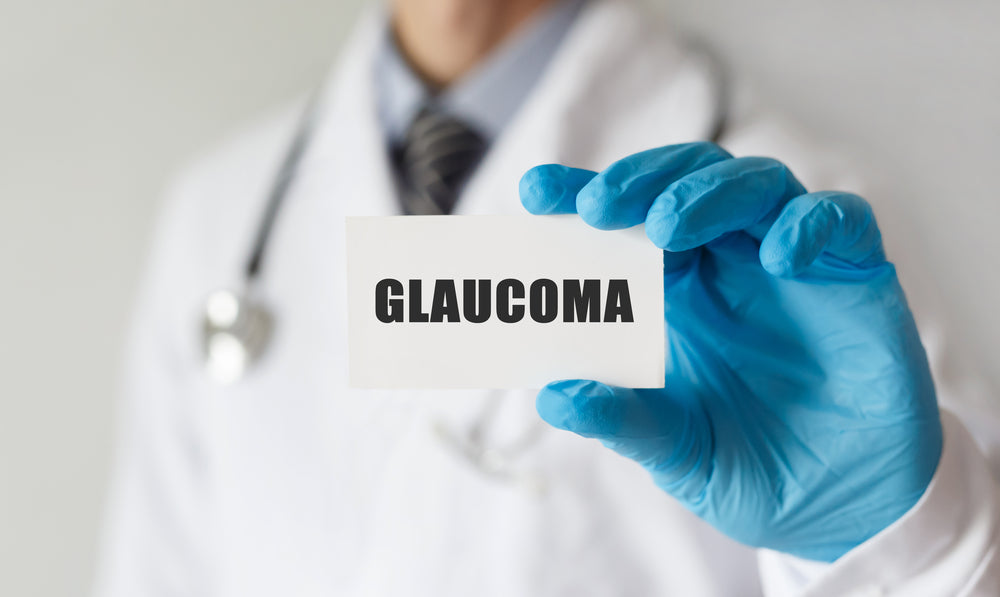While being exposed to excessive heat is not safe for anyone, it is even more problematic for senior citizens. It is important to be aware of the risks of excessive heat and to be properly prepared to stay cool and hydrated.
Senior adults have a harder time regulating body temperature and are more likely to have a chronic health condition that affects the body's ability to respond properly to variances in temperature. High blood pressure and heart, lung and kidney diseases all have an impact on the body's ability to regulate temperature.
Along with physical conditions, many prescription medicines limit the body's ability to sweat and being on multiple types of these prescription medicines exacerbates the problem.
Signs of heat-related illness include, dizziness, cramps in the stomach, arms or legs, swelling in the feet, skin that feels cold and clammy and a rapid pulse.
There are several things you can do to lower your risk of heat-related illness:
- Be sure to drink plenty of liquids, although this does not include alcoholic beverages. If you are supposed to limit your liquids because of a medical condition, be sure and consult your doctor about the best protocol for you to stay hydrated.
- Wear lightweight, light-colored and loose fitting clothing.
- Limit your time outdoors when it is hot.
- Try to spend time in an air conditioned room during the heat of the day if your living space does not have air conditioning.
If you or a loved one experiences signs of heat-related illness go to your nearest emergency room or doctor to seek help.














